Agile Coach
Introduction
For any team and in any team setting, the role of a coach assumes centerstage in addressing the grooming, training and teaching requirements. The coach must possess skills about the primary reason of assembly of team, and must possess deep understanding of the nuances of the game. An effective coach knows how to groom the talent available and make the best within the given constraints. A successful coach understands not only the game, and how to win the game, but also the reasons why teams fail. That last part is often the sole difference between a coach able to inspire the team to higher successes and others. Beyond the training and teaching ability, the most significant trait a coach must possess is how to ignite the hunger for learning and subsequently winning in the team.
Agile values and principles are a tectonic shift from downward flowing command and control management practices to collaborative, team centric environments. To nurture an organization through this shift towards becoming Agile requires someone with depth of agile experience, knowledge of human behavior and strong influencing skills.
With the above in mind, let’s see what’s an Agile coach. An Agile coach is someone who is tasked with teaching and training the teams within an organization on Agile methods and the Agile way in order to spread the benefits of Agile. The purpose is to make sure the organization and individual teams excel in delivering better value to its customers and stakeholders by gaining efficiencies in how everyone in the organization works. The organization aims at gaining an edge through increased inner efficiencies, better ROI and lower costs. An Agile coach, by grooming the teams, training and teaching the values of Agile and inspiring team to relentlessly implement the chosen Agile methods, plays a valuable part in this endeavor.
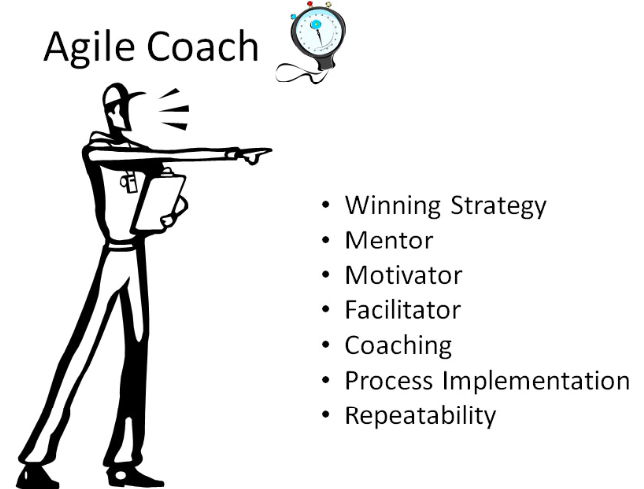
What makes an Agile coach
So what skills an Agile coach must possess? In order to fulfill the above objectives, an Agile coach is someone who is an expert in theory and practice of Agile values. An Agile coach is someone who is willing and able to communicate freely to be able to teach others. An Agile coach is also someone who is able to take an outsiders view, is an Agile promoter within the organization, has the ability to mediate in case of shared responsibilities between projects, and guide large teams towards Agile methods. Above all, an Agile coach is someone with ability to work with multiple teams, projects and portfolio owners to drive Agile adaption and implement improvement efforts.
In addition, each organization may have its own preference of what skills it considers more important. Organization have diverse needs and may come up with their own specific desirable traits.

Image Source: Internet
- Technical coaches: Agile coaches who are hired as technical coaches are primarily tasked with working closely with developers and typically have experience with coding and integration, since those are necessary skills when working with the dev teams.
- Process/management coaches: Agile coaches working as Process or management consultants / coaches focus more on working with leadership and portfolio owners to educate agile teams and to oversee successful adoption of the agile method across teams. These Agile coaches play a significant role in monitoring adherence to Agile practices as per the chosen Agile methodology.
- Non-directive coaches: Non-directive coaches offer selective, need-based, individualized support for people or organizations looking to solve specific agile-related problems. They are generally brought on for very short time periods with specific mandate.
Organizations choose their flavor of Agile coaching based on requirements, size of portfolios and / or projects, client demands, current state of Agile adaption and future desired state, as well as budget and other constraints.
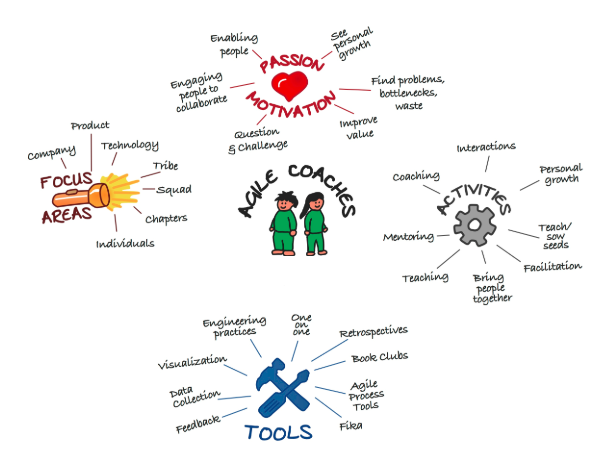
Image Source: Internet
Responsibilities of an Agile Coach
An Agile Coach is typically a shared resource with multiple responsibilities on their agenda. Resolving roadblocks at an enterprise level or between projects, to coaching Scrum Masters and Agile teams, to custodian of portfolio level dependencies, risks and anything that may derail achievement of planned goals are the prime focus area. Most Agile coaches also track Agile metrics at team level and hygiene factors.
The roles played by an Agile coach vary from being a reflective observer: “You do it, I will just watch and tell you what to do”, to being a passive or an active partner: “I will show you once and then you can do it” or “We will do it together”.
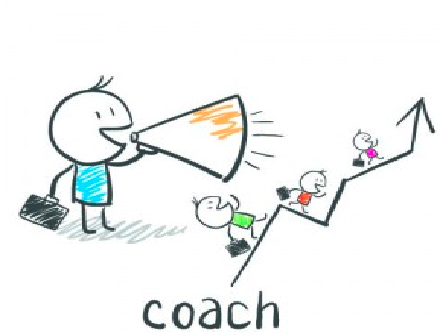
Image Source: Credit Thinkstock
Organizational Responsibilities
- Become the facilitator for the organizational culture change necessary for sustained agile implementation and success.
- Helping the organization or Business Unit implement the chosen Agile methodology by working closely with teams and resources on the ground
- Presenting data points, reports and extracts to leadership to support implementation of chosen Agile methodology
- Becoming the bridge between leadership and Agile teams to enable communication and sharing of expectations, plans and goals.
- Integrate related methodologies within the company to have an unified approach
Technical
- Act as interlocutor to ensure right stakeholders are identified and issues are addressed with the right stakeholders
- Leveraging previous experience to teach the basics to bring people up to speed with an agile way of working; organize and lead trainings at ground level and periodic refreshers
- Guide scrum masters towards Agile implementation and coach on areas of weakness
Trains / Portfolio / Projects
- Work with portfolio and project leaders to develop standards and requirements for the agile process implementation
- Come up with plans and improvement measurement metrics and methodologies. For example, tracking of user stories, sprint burndown rate, etc.
- Work with Product owners to monitor movement of items through backlog
- Work with Product owners / project leaders / scrum masters to identify dependencies and risks and coordinate work towards resolution to ensure minimal impact
- Organize discussions and track progress on removal of roadblocks
- Help Scrum masters and projects to achieve goals together
- Track team level Agile implementation and metrics
- Bring all Agile teams under the same umbrella
- Ensure transparency and fairness while dealing with teams and resources
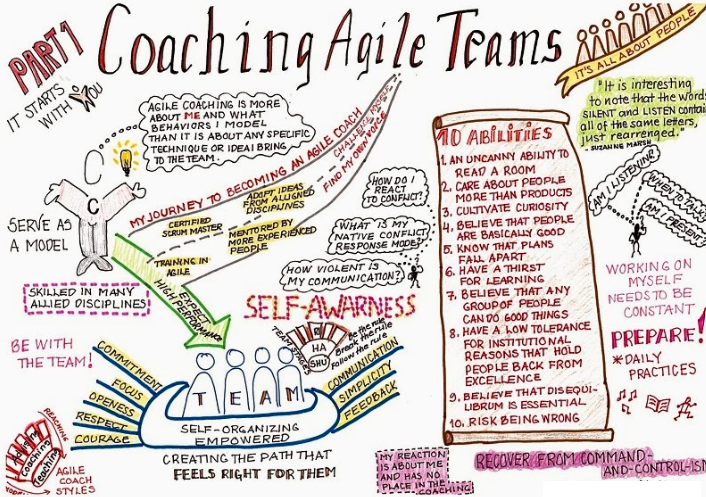
Conclusion
Over the years as sports have become more competitive, sporting teams have realized that one coach for all aspects of the game is not enough. For example in Cricket, teams employ separate coaches for bowling, batting and fielding. In football, teams employ goalkeeping coaches, striking coaches, defensive coaches and more. Similarly, many large organizations today employ multiple Agile coaches with varying and diverse skill-sets, experience and backgrounds so as to derive maximum benefit and ROI.
Adaption of Agile methods can have more than just tangible benefits. The benefits of Agile are not limited to the organization only. As an organization pursues it’s endeavors on the path of Agile journey, it contributes to its ecosystem and to the field of Agile teachings. By playing an instrumental role in an organization’s Agile journey, an Agile coach can have a lasting impact beyond their expected role.
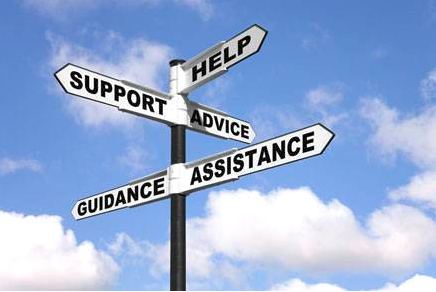
1 thought on “Agile Coach”